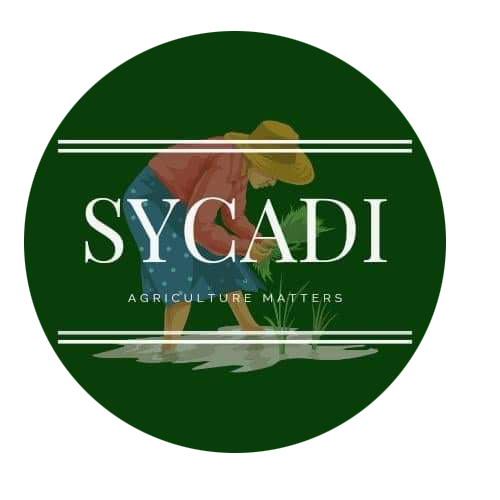HUMANITARIAN APPEAL FOR GRAND BASSA, BUCHANAN COUNTY, LIBERIA
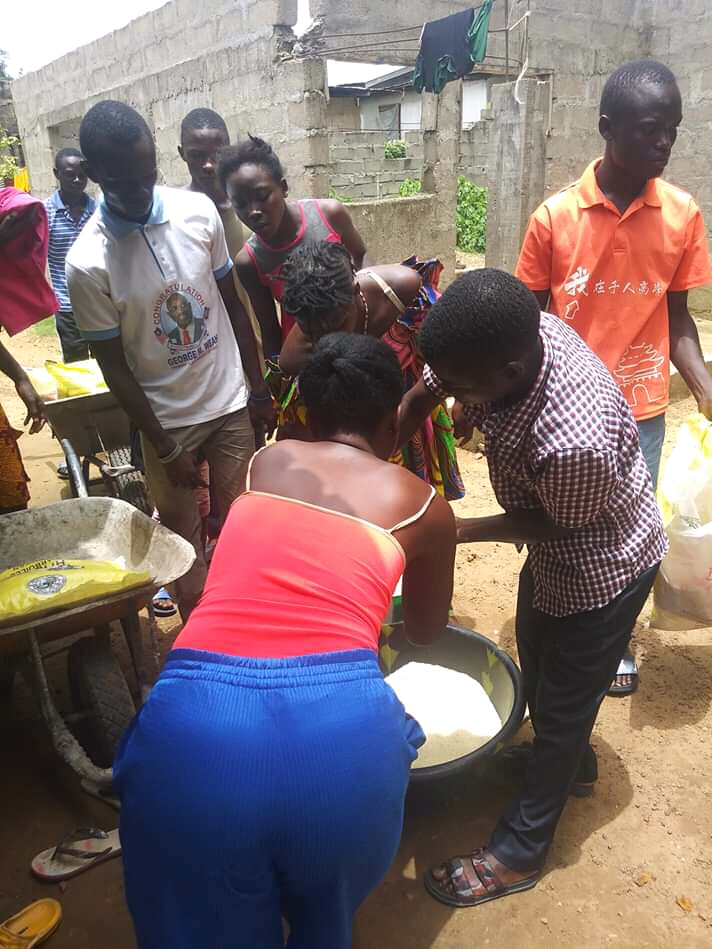
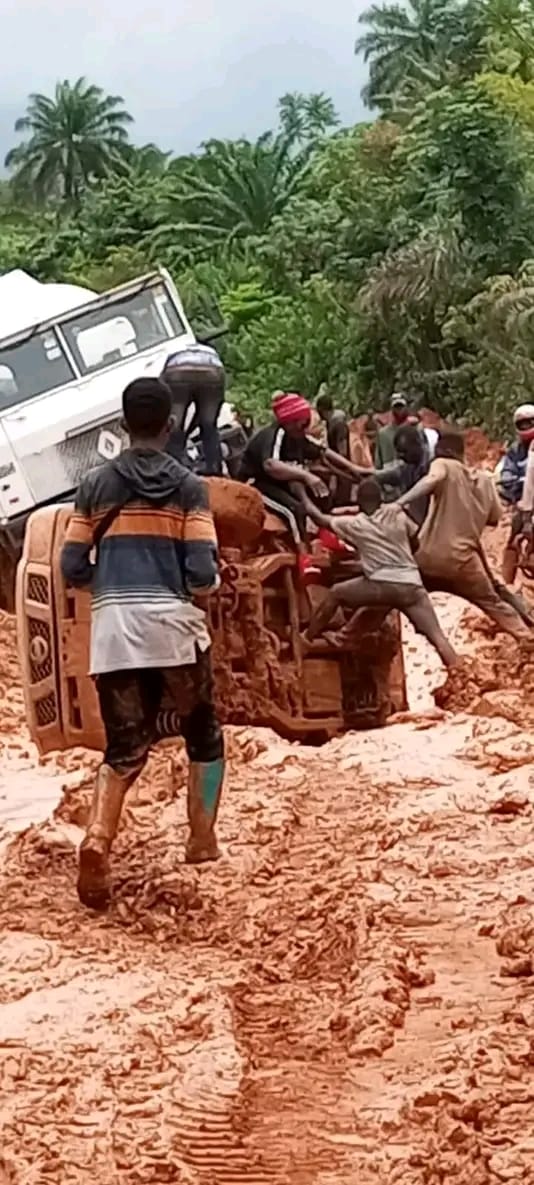
THE CRUSHING REALITY OF LIFE FOR MANY IN LIBERIA
Introduction
Liberia, a country whose roots are traced to the convergence of both African diaspora and indigenous hopes and aspirations has endured the brunt of historical adversities and intrigues and now stands at a critical juncture. The people of Liberia with a population of approximately 5,193,416 as of 2021 according to 2022 Revision of the World Population Prospects are grappling with vulnerabilities and insecurities that span across every facet of human need — from food to health, sanitation, economic stability, and infrastructure.
The Plight
- Food Insecurity: Approximately 18% of Liberian households are moderately to severely food insecure, with an 8% increase in the price of rice since May 2021.
- Health Challenges: The main diseases reported include malaria, upper respiratory tract infections, skin, and diarrhoeal diseases including cholera.
- Sanitation Crisis: About 42% of Liberia’s population practices open defecation, highlighting a dire need for improved sanitation facilities.
- Economic Hardship: More than 50% of Liberians live below the poverty line, unable to access sufficient food on a daily basis.
- Infrastructure Needs: Housing, roads, drainage, water and sewage, energy, health centres, schools, universities, labs, factories, science parks are but only a sampling of the infrastructural insecurities that plague Liberia.
Human Indices Reports
The economic update also reports that Liberia’s Human Capital Index is as low as 0.32, performing better than only three countries in the world—out of 174 countries assessed. By 2020, the human capital gap in Liberia was mainly driven by poor education (contributing 50 percent), poor health (12 percent), and survival (7 percent), indicating a significant gap in education and health outcomes
The country’s HDI in 2021 was 0.481, which drops to 0.330 when accounting for inequality. According to United Nations Development Program’s 2022 Human Development Report (HDR), Liberia remains in the low human development category being ranked 178 out of 191 countries and territories
THE PANGS OF POVERTY AND GENERAL HUMANITARIAN CRISIS IN GRAND BASSA
Human and Social Development Issues
Grand Bassa’s citizens endure abject poverty, with many challenges contributing to the county’s underdevelopment.
Humanitarian Needs
The people of Grand Bassa have shown remarkable resilience in the face of adversity. However, the community continues to grapple with healthcare challenges, as evidenced by the Regional NGOs’ efforts to provide medical assistance and drugs to the local hospital and prison approximately a decade ago, which was inadequate even then. The lack of adequate sanitation facilities - as is the case with the country in general - has led to open defecation, posing serious health risks and contributing to diseases such as diarrhea, skin rashes, and infections. The situation is dire, and the community’s health is at stake.
Social Development
Education and social welfare are pillars of a thriving society. Yet, in Grand Bassa, access to quality education and social services remains limited. Previous international humanitarian initiatives, which sought to offer teaching assistance and technical training is a commendable step towards empowering the local population. However, they were short lived, as they were unsustainable stop gap measures. Currently, there is a significant need for educational and social development initiatives to ensure that every child and adult in the community has the opportunity to learn and grow.
Economic Development
Economic growth is essential for the prosperity of Grand Bassa. The Special Agro-Industrial Processing Zone Project aims to reduce poverty and unemployment by fostering sustainable agricultural development. Additionally, the EU’s €42M electrification project promises to stimulate socio-economic development by providing reliable electricity to over 16,000 households. While these work in progress projects are vital for the economic revitalization of the community with delivery dates in the future, there are urgent economic needs well outside of the scale and scope of these projects, which are but only two drops in the ocean of sustainable employment and energy security in Grand Bassa.
Infrastructural Development
Infrastructure is the backbone of any community. In Grand Bassa, the infrastructure remains underdeveloped, with only a small percentage of GDP invested in this critical area. There is also a need for investment in human capital to support infrastructure development. According to the World Bank reports in 2021, Liberia ranks as one of lowest in the world in terms of human capital index, which measures the knowledge, skills, and health of a country's population. This indicates that there is a need for investment in education and healthcare to support infrastructure development.
Current State of Infrastructure in Liberia
Liberia's infrastructure, including roads, ports, and energy systems, remains underdeveloped. According to the World Bank 2012 data only 2.2% of Liberia's GDP is invested in infrastructure, which is significantly lower than the African average of 4.7%. Furthermore, the country's infrastructure is also affected by its geography, with many areas being difficult to access due to poor road conditions and limited transportation infrastructure.
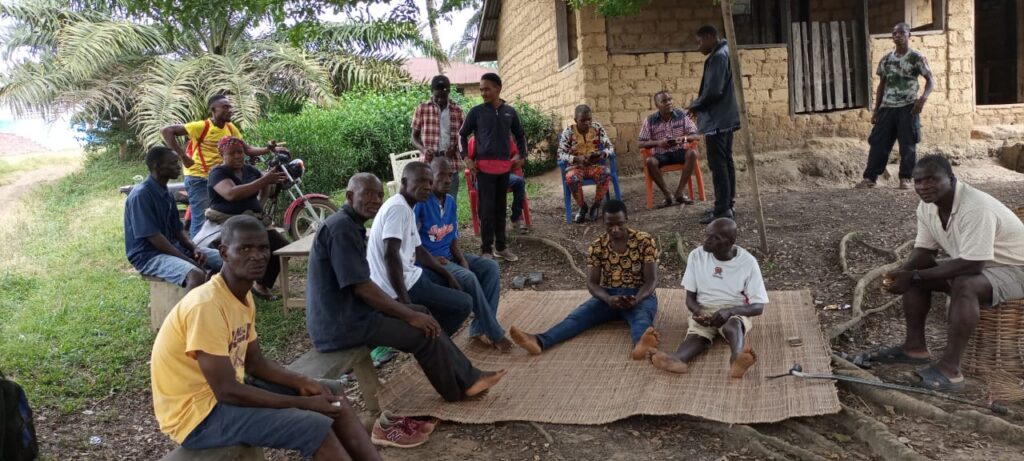
The African Development Bank’s focus on infrastructure and inclusive growth highlights the need for strategic investment to bridge the gap and bolster stability. Notwithstanding this theoretic prioritization of infrastructural development owing to a lack of investment by all stakeholders at the local, regional, continental and international infrastructure has not improved save in pockets with the major of the existing infrastructure worsening rapidly.
Addressing the Needs of Vulnerable Groups
Special attention must be given to vulnerable groups, including women, children, and the elderly. International index reports highlight the importance of inclusive development that accounts for age, gender, and other factors.
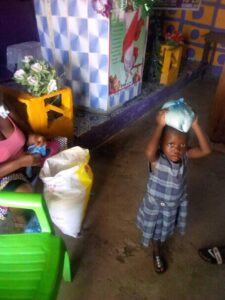
We appeal to the international community, humanitarian organizations, and all stakeholders to join hands in supporting the development of Grand Bassa.
Your contribution can make a significant difference in the lives of many and pave the way for a prosperous future for Buchanan County.
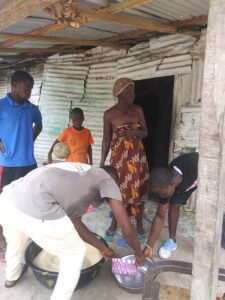
Specifically, your donations can make a difference in the following areas:
- Nutritional Aid:To combat food insecurity and malnutrition.
- Healthcare Support: To improve disease prevention, treatment, and access to medical facilities.
- Sanitation Solutions: To build toilets and sanitation systems that ensure dignity and hygiene.
- Economic Empowerment: To create job opportunities and stimulate local economies.
- Infrastructure Development: To rebuild and modernize the essential facilities that serve as the backbone of the community.
Together, we can transform Grand Bassa into a beacon of hope and progress. Let us act now to create a legacy of development and prosperity that will benefit generations to come.
"This appeal is based on local, regional and international insights and reports, reflecting the current state of Grand Bassa and the urgent need for a collaborative approach to its development. Your support is not just an act of charity; it is an investment in humanity and the future of Liberia."
